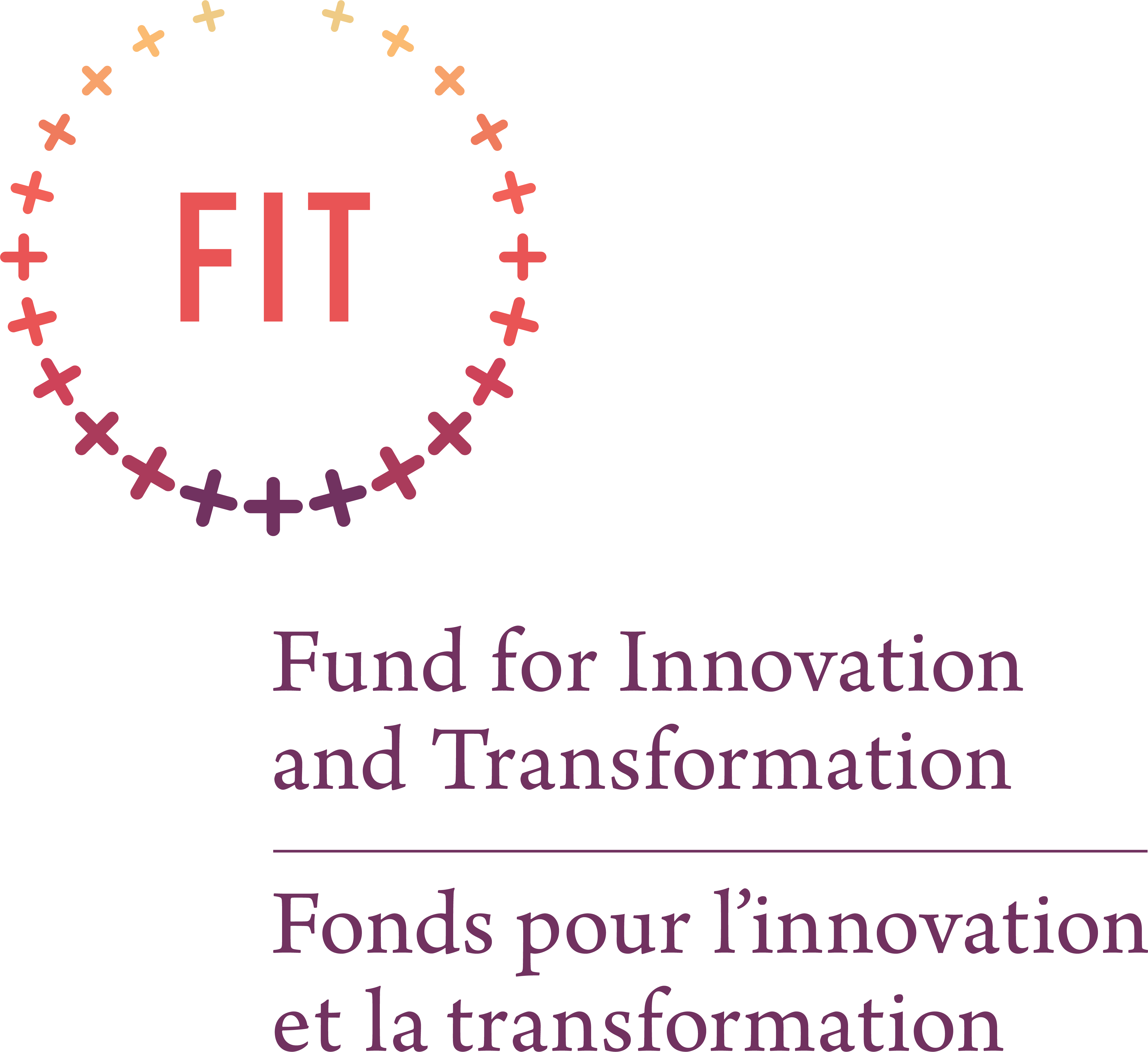Since joining LLST in October, I have received a crash course in the world of Games-Based Learning, Humanitarian Training Simulations, and Serious Games. It has been an incredible few months, and I am very much looking forward to all that LLST has coming up in the new year.

Much of my time with LLST has revolved around our upcoming logistics and decision making game Route 726. Prior to joining LLST, my games-based learning experience focused entirely on the “soft skills” that games can offer participants; skills including decision making, team work, active listening, negotiation, cooperative problem solving, and public speaking. Route 726 relies heavily on these skills, asking participants to utilize their soft skills while working together in an abstracted humanitarian experience. For me personally, the design process of Route 726 has been an informative transition into the field of humanitarian training, as I watched my co-designers (Carolyn Aubry and Matthew Stevens) manipulate design principals that I am familiar with in order to recreate a humanitarian experience that I am markedly unfamiliar with. As a team, we have been able to tune Route 726 so that the “feel” of the game remained accurate to reality, while the experience was accessible to new or prospective recruits. Progress has continued on Route 726 since our premiere playtest at the NASAGA Conference in October 2020; now, the team is hard at work preparing the game for another round of playtests. I look forward to seeing where Route 726 leads us throughout 2021.
Towards the end of the year, I was able to assist LLST director Matthew Stevens as he led a series of games-based learning webinars as part of LLST’s project on Promoting Localised, Gender-Aware Development for Humanitarian Training. The webinars were only the first phase of this ambitious project that has been made possible by FIT, Global Affairs Canada, and the Inter Council Network. Working alongside CRISP Berlin and Save the Children, LLST will deliver 5 weeks of online training sessions beginning in February 2021, and continue to provide support and mentorship to participants as they bring their designs from concept to reality from April to October of 2021. There is much for me to learn from LLST and our presenting partners– not to mention from the participants of the project– so I am eager to watch this project’s various stages unfold over the course of the year. If you are a humanitarian worker in Jordan and are interested in participating in the workshop, applications are still open! The experience is entirely free, and you can find out more about it here.
Ever since I joined LLST as a project assistant, the company has been facing the same struggles and hurdles that many other industries have had to endure during the COVID-19 pandemic. Educators, trainers, and serious gamers have all had to adapt their crafts significantly to meet our new reality, and LLST has been no different. As we look ahead to 2021, we are preparing ourselves for even more change– particularly the change towards online mediums. As our landscape shifts toward online training, digital simulation, and remote learning, the LLST team is reminded of the opportunities that this shift can provide in addition to the challenges. Efforts to foster localization– including our simulation development workshops– feel even more imperative today than they did a year ago. From a personal perspective, as a designer who has focused on developing soft skills, the pandemic has been an invaluable reminder that soft skills are wildly different but every bit as necessary in the digital workplace. Check out this post to read more about the lessons we have learned while adapting to the online environment.
Overall, 2020 has proven to be an intense and exciting year, both for myself as a new project assistant and for LLST as a whole. We are wishing you all a happy and healthy 2021; may it be full of lessons!
-Ben Stevens
Project Assistant – Lessons Learned Simulations and Training
January, 2021







